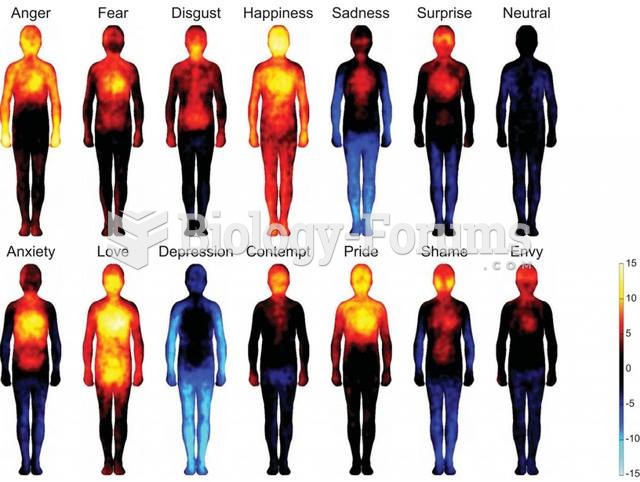This topic contains a solution. Click here to go to the answer
|
|
|
Did you know?
Most strokes are caused when blood clots move to a blood vessel in the brain and block blood flow to that area. Thrombolytic therapy can be used to dissolve the clot quickly. If given within 3 hours of the first stroke symptoms, this therapy can help limit stroke damage and disability.
Did you know?
Excessive alcohol use costs the country approximately $235 billion every year.
Did you know?
More than nineteen million Americans carry the factor V gene that causes blood clots, pulmonary embolism, and heart disease.
Did you know?
Your chance of developing a kidney stone is 1 in 10. In recent years, approximately 3.7 million people in the United States were diagnosed with a kidney disease.
Did you know?
About 100 new prescription or over-the-counter drugs come into the U.S. market every year.
 Formation of additional eyes in Drosophila caused by the abnormal expression of a master control gen
Formation of additional eyes in Drosophila caused by the abnormal expression of a master control gen
 With the vehicle raised one foot (30 cm) off the ground, push down on the vehicle to check if it ...
With the vehicle raised one foot (30 cm) off the ground, push down on the vehicle to check if it ...





